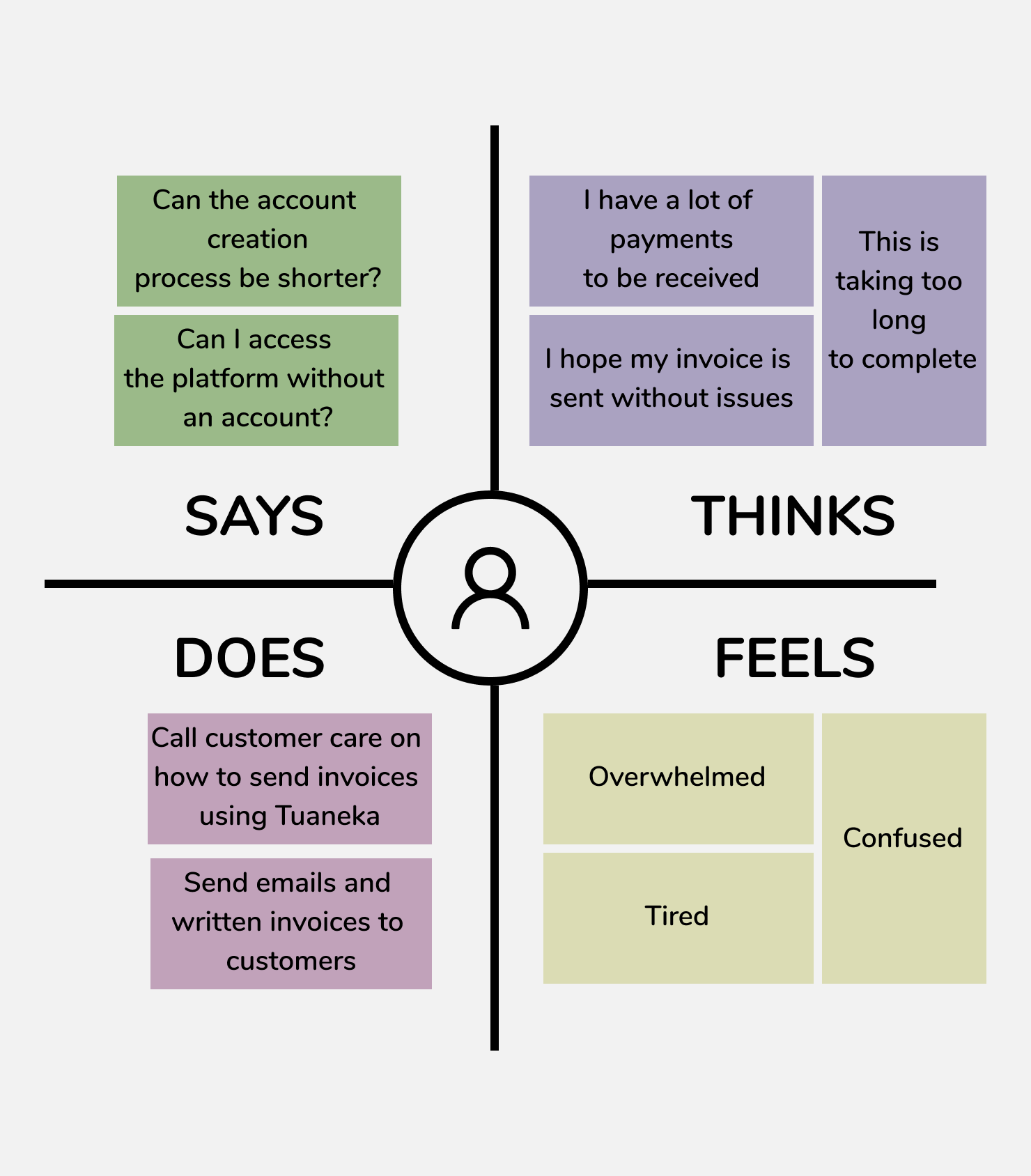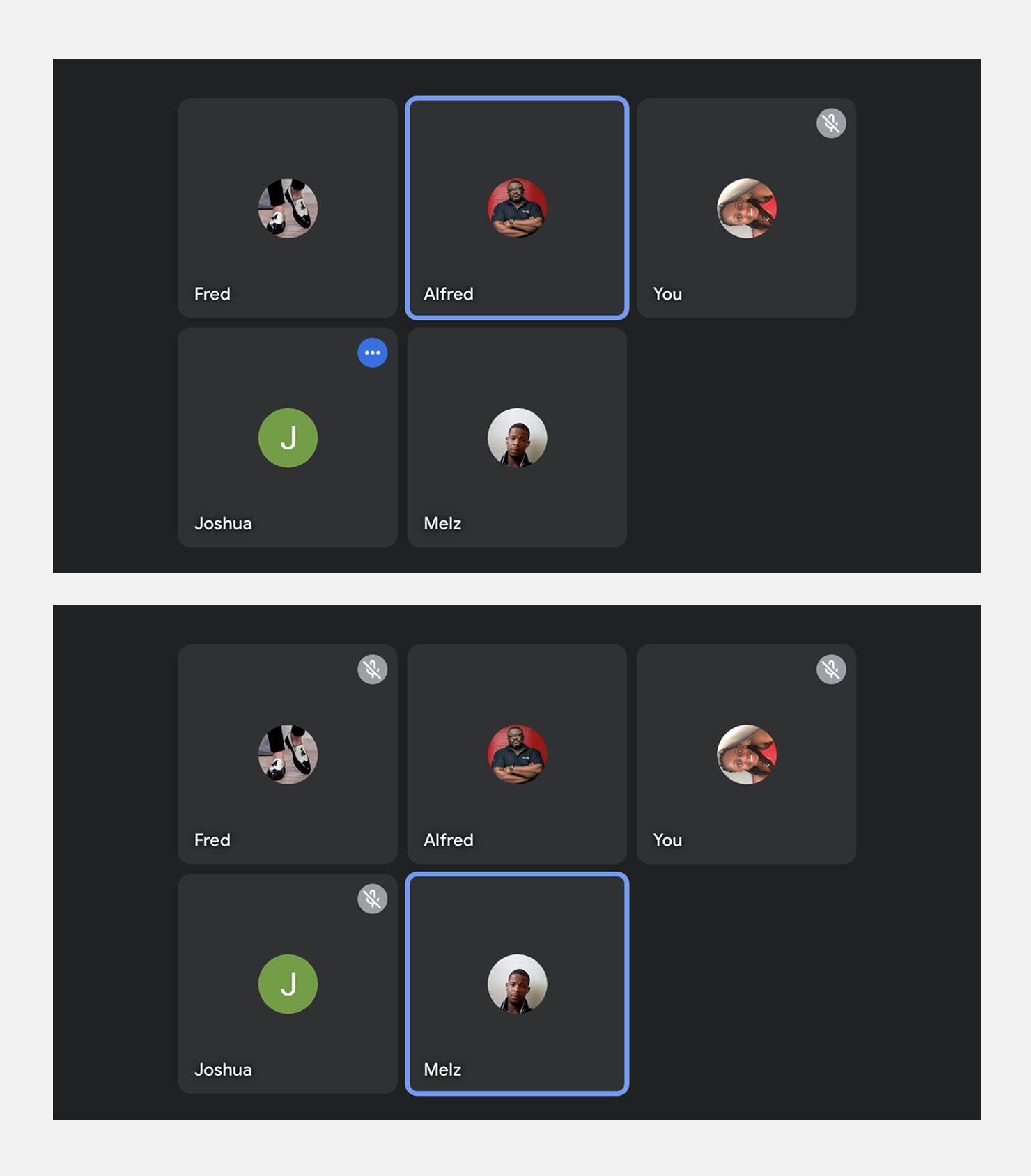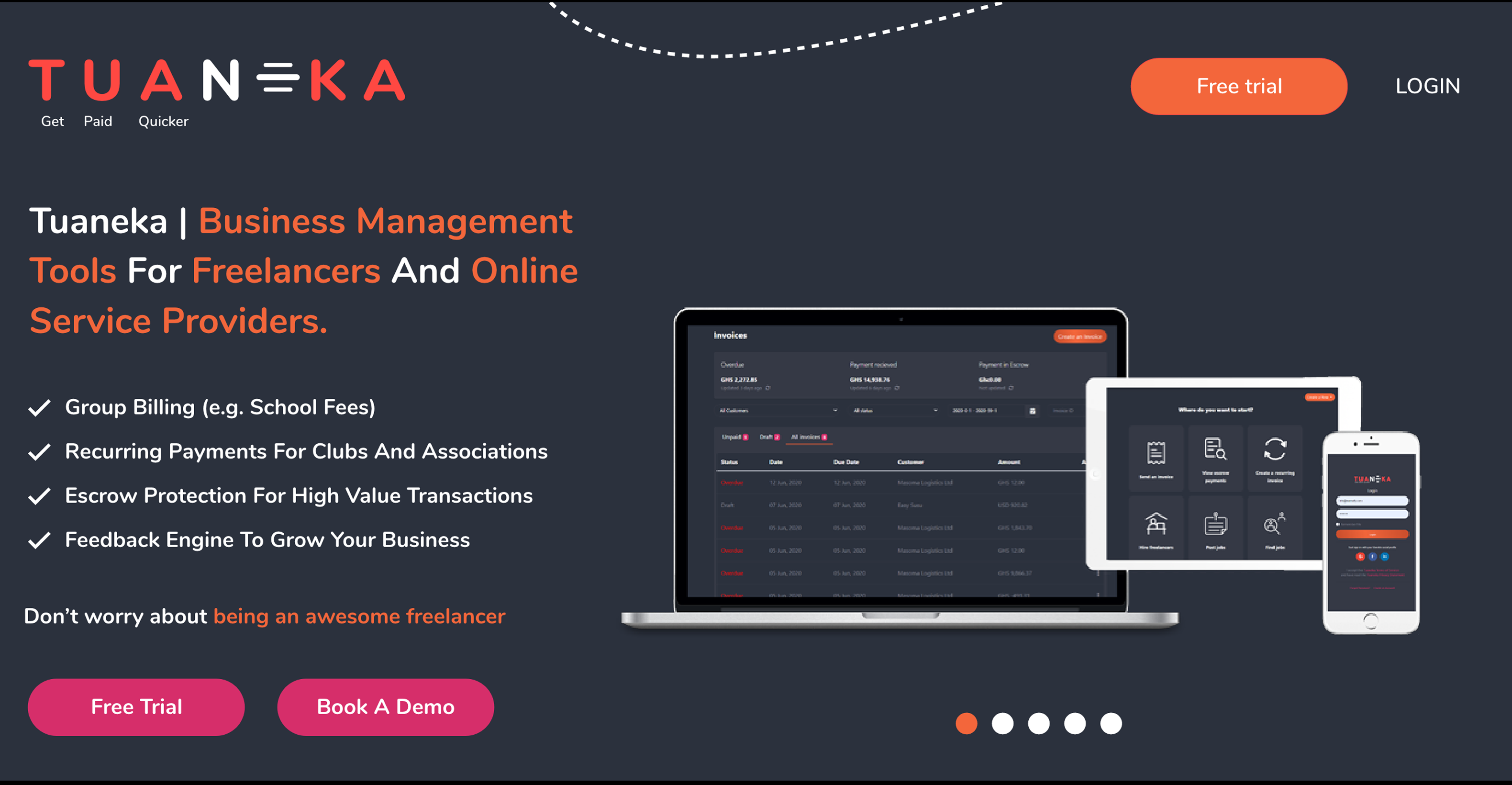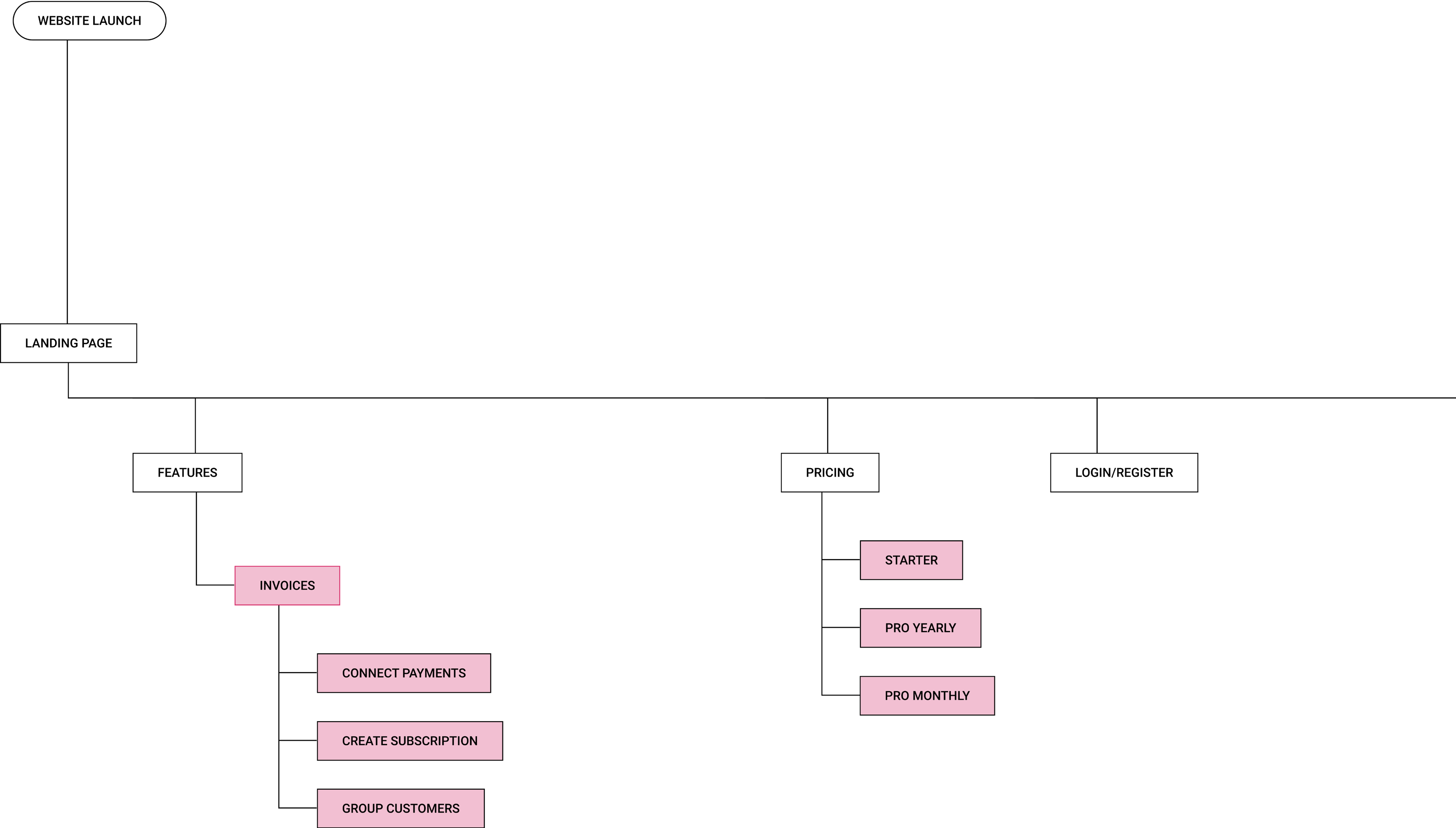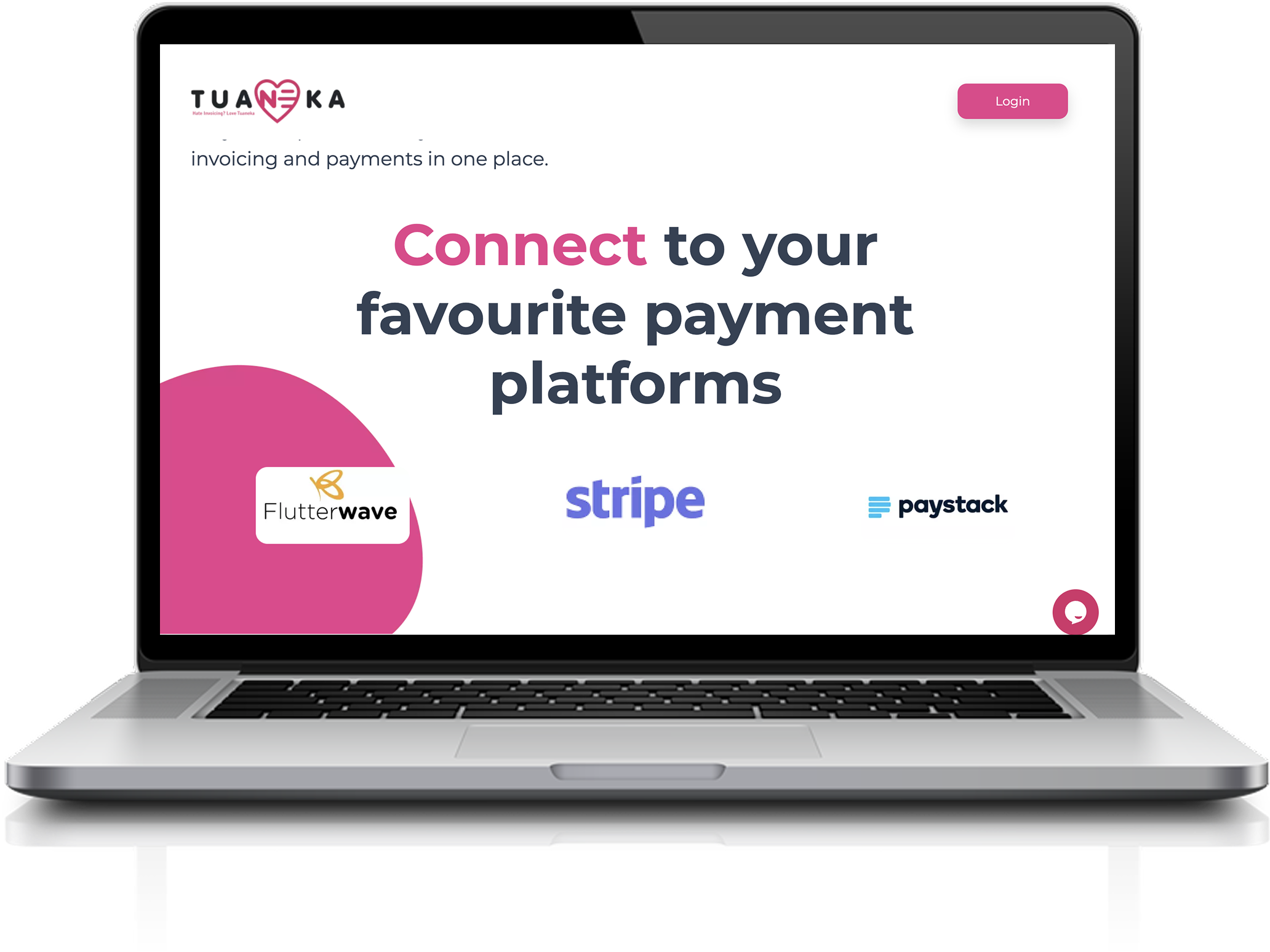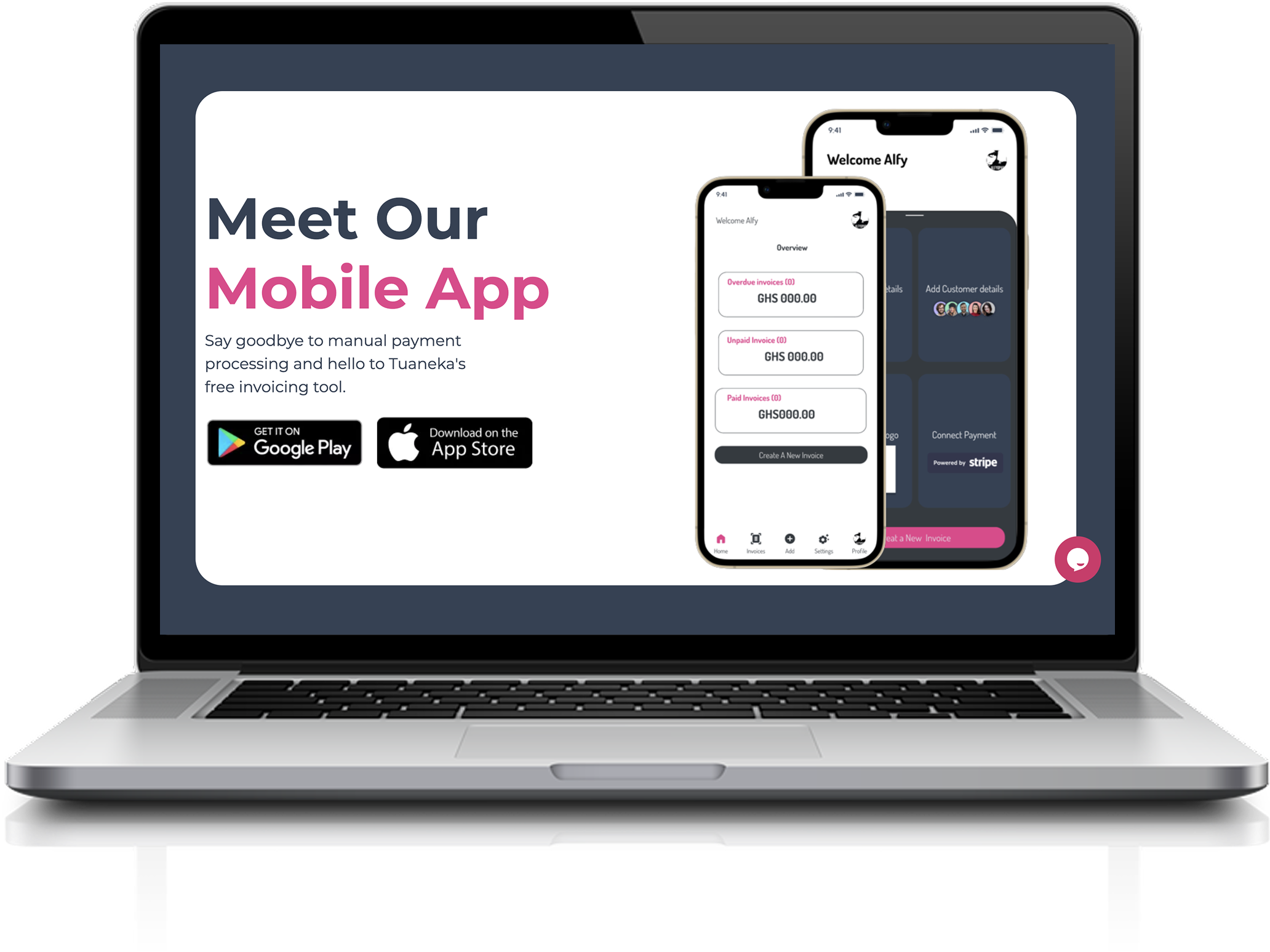
Tuaneka
Sponsored by: TeamAlfy
Tuaneka is a free SAAS invoicing tool that allows businesses to create professional invoices in seconds. Users can also create recurring invoices and bulk invoices for large groups.
*To comply with NDA, some details in this case study have been modified or omitted. The content reflects my own work and views, not necessarily those of TeamAlfy. Linked materials may point to evolving live products or prototypes by TeamAlfy.*
Hi-fi Mockups, UX Research, UX Design.
3 weeks
Dora Opare
Balsamiq, Figma
